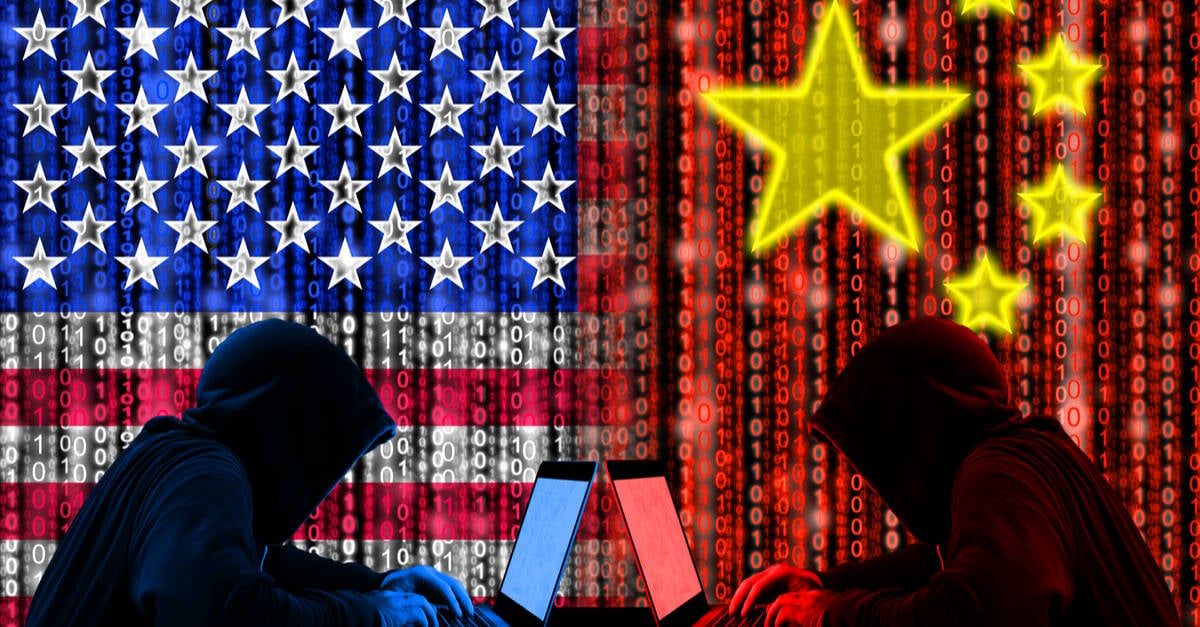**
China Names Alleged US Snoops Over Asian Winter Games Attacks
**In a move that highlights the growing tensions between the United States and China, Beijing has accused three National Security Agency (NSA) agents of targeting the 2025 Asian Winter Games with a sophisticated cyberattack. The alleged attackers, identified as Katheryn A. Wilson, Robert J. Snelling, and Stephen W. Johnson, are reportedly members of the NSA's Tailored Access Operations (TAO) unit, which is known for its expertise in conducting offensive cybersecurity operations.
**
The attack, which took place during the Asian Winter Games in Harbin, Heilongjiang province, aimed to breach the event information system and key infrastructure, compromising sensitive personal data.
**According to China's state-run press, the TAO unit targeted systems used for registration, timekeeping, and competition entry at the Games – all of which store vast amounts of sensitive personal data. The publication claims that the NSA attempted to implant backdoors into these systems, a move that has been likened to other alleged cyberattacks carried out by China, Russia, North Korea, and Iran.
**
The attack was characterized as an "attempted vulnerability exploit" involving arbitrary file read and SQL injections, port scanning, and network snooping.
**The attacks on the Asian Winter Games were just one part of a larger campaign of cyber aggression launched against China by foreign hostile forces. According to a joint report from China's computer emergency response centers (CERTs), more than 270,000 attacks on the Games were detected, with 170,000 allegedly launched by the US.
**
The report also accused Singapore, the Netherlands, Germany, and South Korea of carrying out cyberattacks on the Asian Winter Games.
**China's CERT stated that foreign hostile forces "spare no effort to destroy and interfere with the normal operation of large-scale international sports events" through cyberattacks. The report concluded by condemning these malicious actions and promising to submit details and artifacts of the attacks to the public security sector.
**
Meanwhile, China has accused the US of carrying out similar cyberattacks on energy, transportation, water resources, telecommunications, and defense research institutions located in Heilongjiang province.
**The TAO unit is a well-known special forces group within the NSA, staffed by talented offensive cybersecurity professionals tasked with running intelligence-gathering operations. Much of its work is highly classified, as are the identities of those involved.
**
In September 2023, China accused the US of hacking Huawei as early as 2009, along with other attacks.
**The Ministry of State Security declared over WeChat at the time that US intelligence "began to invade servers at Huawei headquarters and continued to monitor them". China's CERT later accused the TAO of trying to implant Second Date – an allegedly proprietary spyware – during an incident at Northwestern Polytechnical University.
**
The accusations come as tensions between Washington and Beijing continue to escalate, with President Trump's ambition to aggressively tariff China and other nations it believes benefit from trade imbalances with the US.
**The situation has led to substantial confusion for investors, the general public, and in all areas of business and government. The Register asked the NSA for comment on the allegations, but neither the agency nor the universities implicated – the University of California and Virginia Tech – immediately replied.
**
The rewards associated with a bounty issued by Harbin police for information leading to the arrest of the alleged attackers were not disclosed.
**The case highlights the ongoing cat-and-mouse game between nations in the cyber sphere, with both sides engaging in a battle of accusations and counter-accusations. As the situation continues to unfold, one thing is clear: the stakes are high, and the consequences of failure could be severe.
